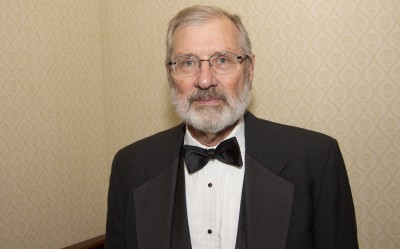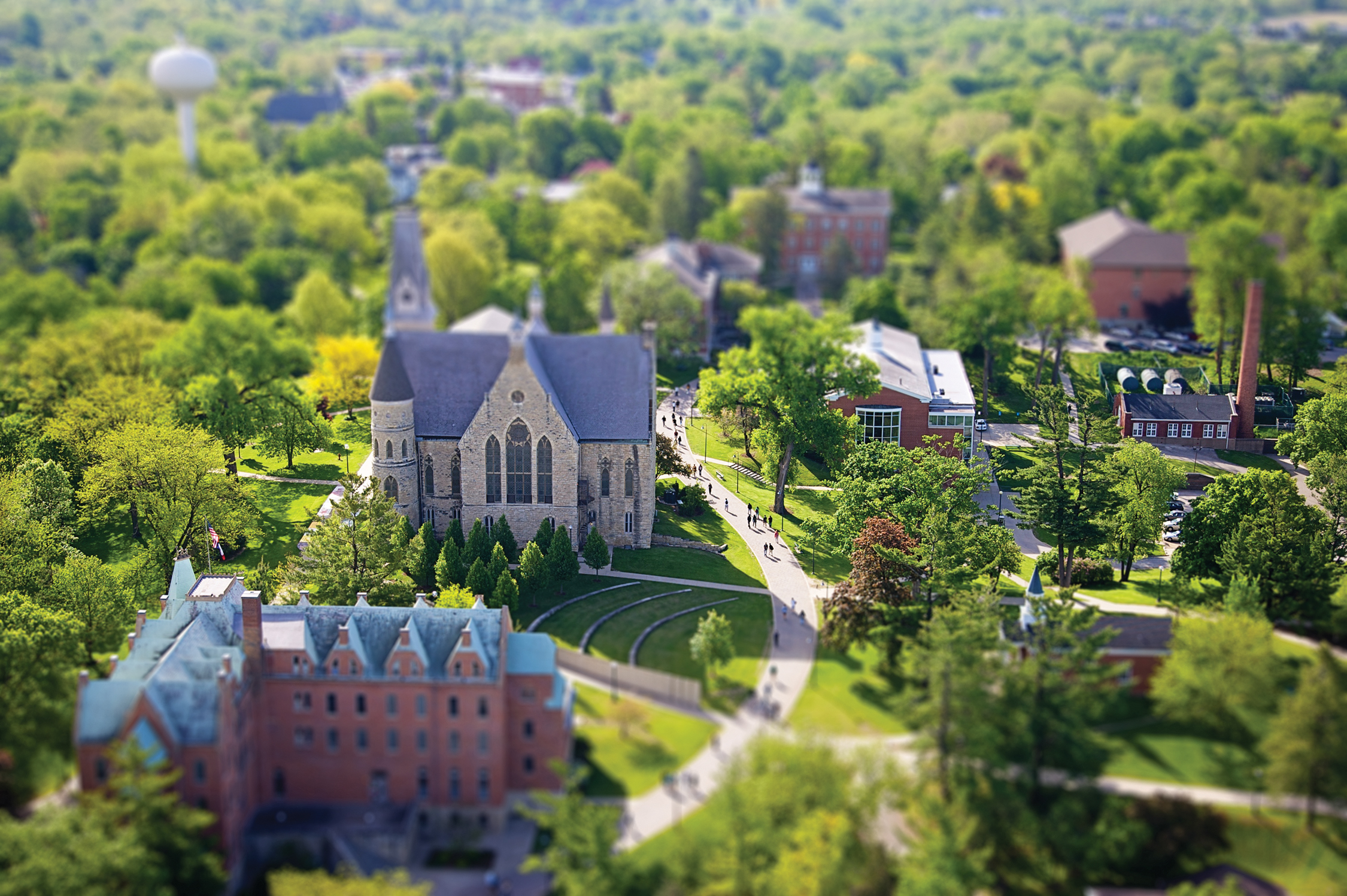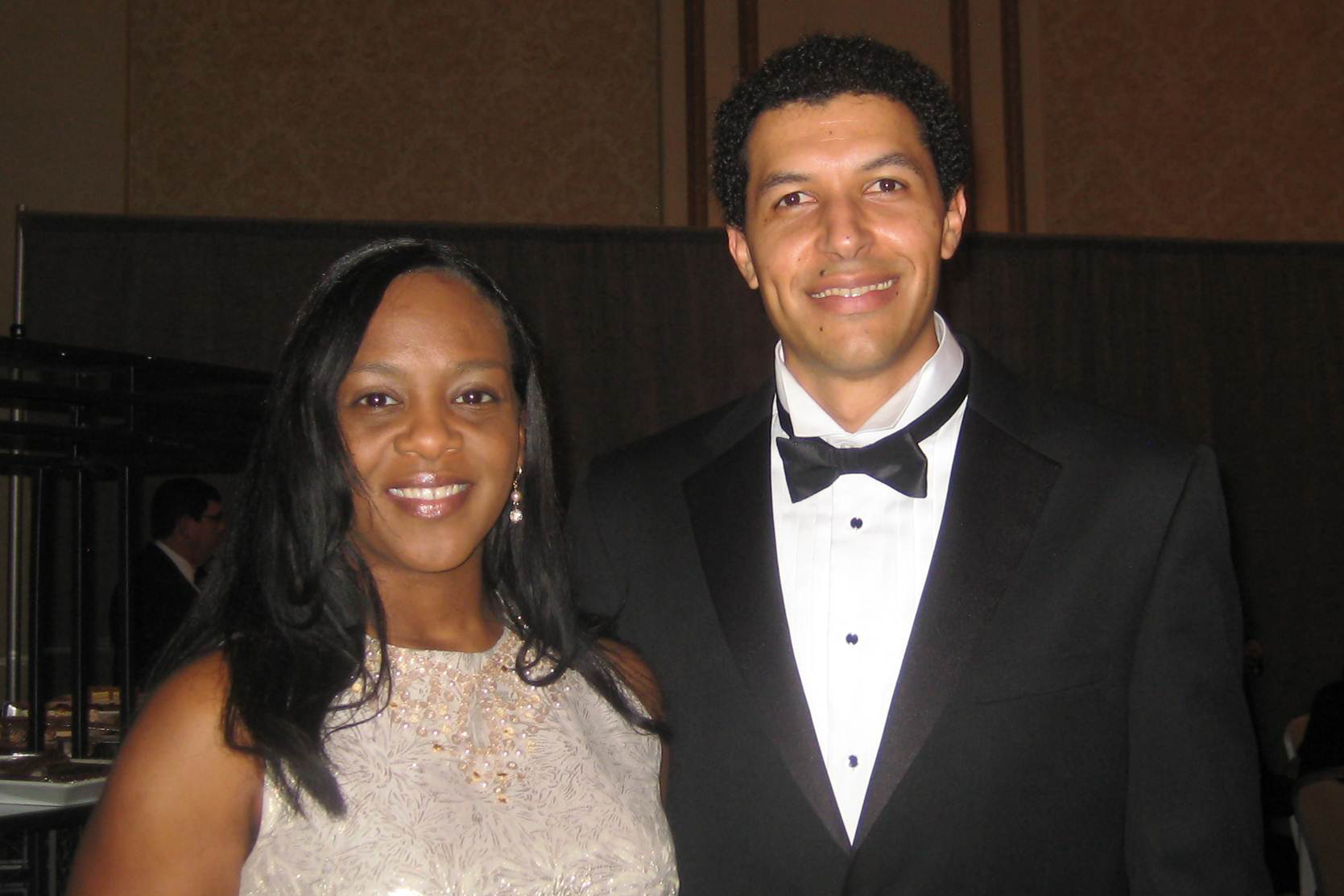Mentoring Cornellians

Given the number of Cornell College students he’s mentored, John Mark Dean ’58 could be forgiven for sometimes feeling like he’s running a bed and breakfast. That’s a risk you run when you mentor students—that the relationships you develop will go beyond the classroom and into the rest of your life.
Dean, who’s a distinguished professor emeritus at the University of South Carolina, where he taught marine biology and helped found the Baruch Institute for Marine and Coastal Sciences, has left an indelible mark on the lives of the seven Cornell students who participated in the Rogers Fellowship in Environmental Studies through the Cornell Fellows program since 2007. Dean and the fellowship he supported were key parts of the education of Alyssa Borowske ’07, who earned a Fulbright scholarship after graduating from Cornell and is now a doctoral student at the University of Connecticut. They’ve stayed in touch, and now Borowske is doing dissertation research near Dean. She stayed with him and his wife, Robin, in January while on her way to do field work, and planned to stop again when she was finished.
Those mentoring relationships are one way Dean gives back to Cornell, which he credits for giving him a start. He’d never pictured himself as a professor at a research institution, but Cornell faculty members like Francis Pray pushed him and supported him.
“I wouldn’t have gotten into graduate school without Fran Pray,” he said.
When Dean retired he didn’t want to go back into the classroom, but mentoring allows him to continue to form relationships with students. And the Cornell students he’s worked with have been well-prepared for graduate school, thanks to the close relationships that exist between professor and students.
“That’s the way good graduate education works, so I want to see it continue,” he said. If we can help that, let’s go for it.”



